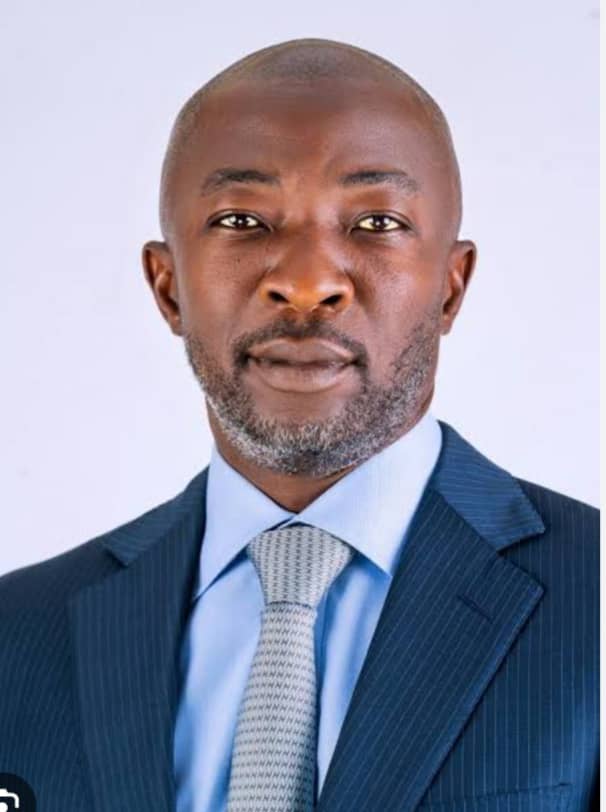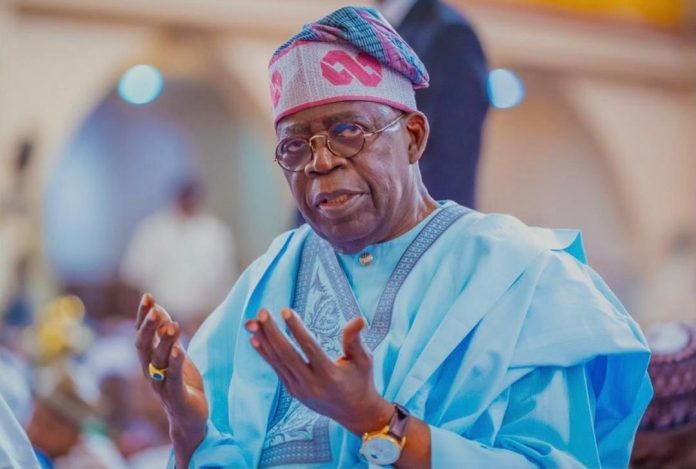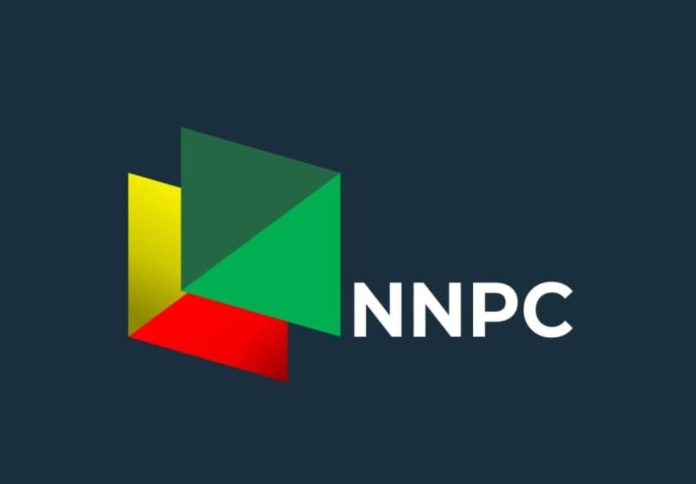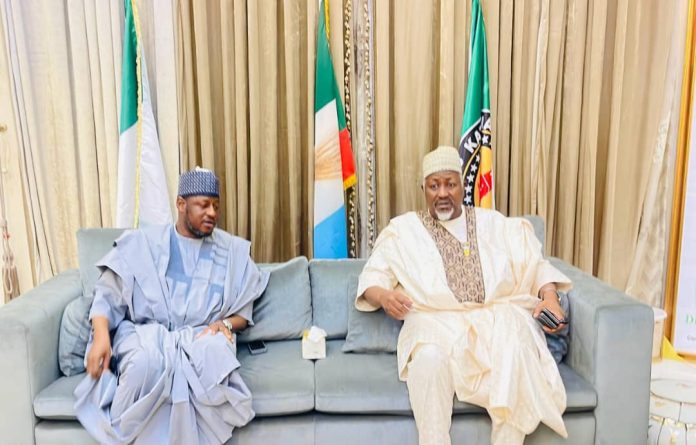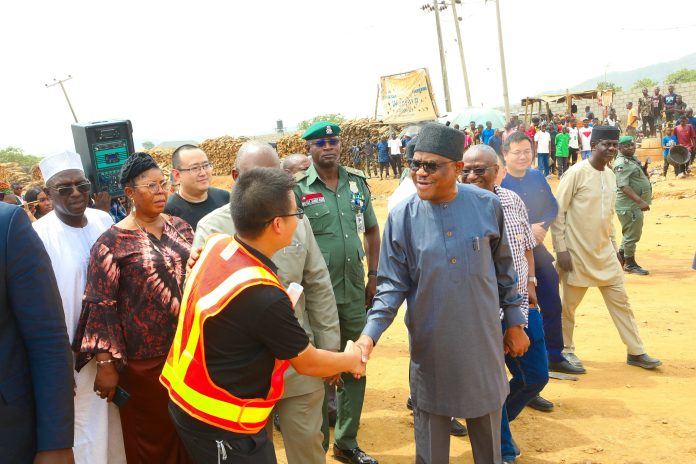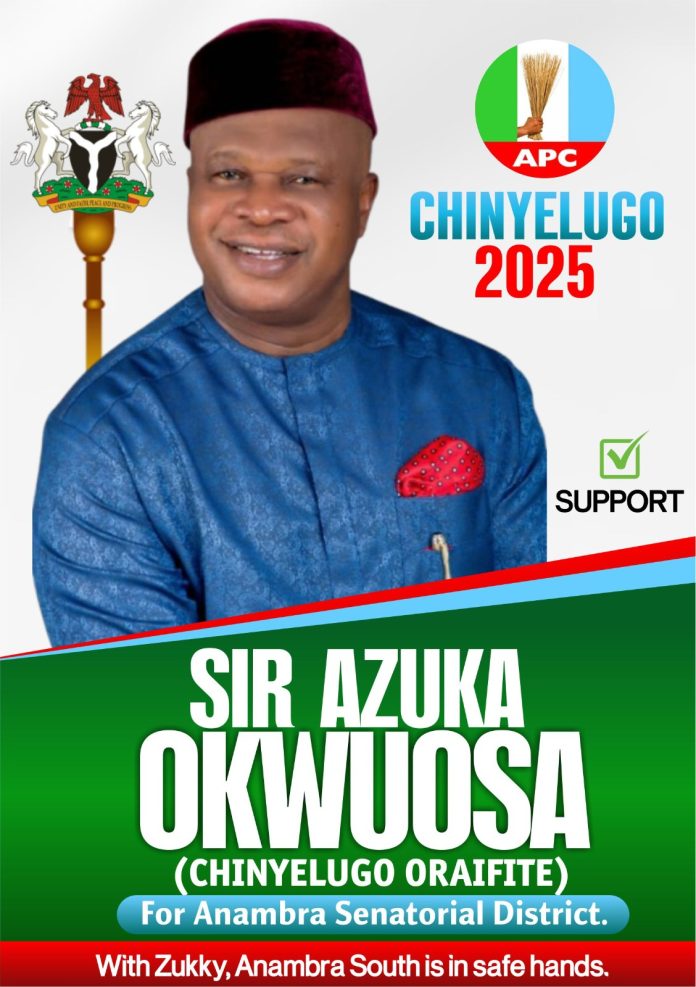The Nigeria Social Insurance Trust Fund (NSITF) has launched a Mass Advocacy and Sensitisation Campaign aimed at enrolling at least one million workers annually into the Employee Compensation Scheme (ECS).
Speaking at the campaign launch in Abuja, NSITF Managing Director, Oluwaseun Faleye, decried the widespread ignorance and non-compliance by many Nigerian employers and corporate organizations regarding the ECS.
Targeting the Informal Sector
Recognizing that 70% of Nigeria’s workforce operates in the informal sector, Faleye stated that the NSITF is now expanding its coverage to include these workers under the social security protection framework of the ECS.
“Many Nigerians, especially in the informal sector, are unaware of their rights under the Employee Compensation Scheme. We are rolling out new initiatives to ensure small and medium businesses, transport workers, and other informal sector participants benefit from compensation protection,” he said.
Challenges in Compliance and Enforcement
Faleye highlighted several obstacles affecting the scheme’s effectiveness:
1. Employer Manipulation: Some employers collude with workers to underreport salaries or declare fewer employees, thereby reducing their contributions to the NSITF.
2. Limited Enforcement Powers: NSITF officials face resistance during workplace inspections, with some employers blocking access to facilities, making it difficult to assess safety compliance.
3. Workers Undermining Their Own Protection: Employees, particularly accountants, finance directors, and payroll officers, sometimes assist employers in falsifying salary records, which ultimately reduces their entitlement to compensation in case of workplace accidents.
Faleye’s Warning to Workers
The NSITF boss warned employees against shortchanging themselves, stressing that compensation is strictly based on declared earnings.
“When accidents happen—and we pray they don’t—compensation is calculated based on the reported salary. If you undervalue your earnings, you receive far less than you should. Employees must stop enabling their own exploitation,” he cautioned.
Engaging KPMG for e-NSITF Review
Meanwhile, the NSITF has engaged KPMG to conduct an independent review of the stalled N15 billion e-NSITF digitalization project.
The e-NSITF project, launched in 2022, was aimed at upgrading the Fund’s digital infrastructure, but it has faced significant setbacks.
In 2023, the federal government approved the second phase of the project, but concerns over contract execution and accountability led to the current review.
Faleye assured that the new NSITF leadership is committed to transparency and efficiency, stating that KPMG will assess the contractor’s performance against the original project scope.
Way Forward
Faleye emphasized that beyond enforcement, public awareness and trust-building are crucial to increasing compliance.
“Every time we explain what NSITF stands for, perception and attitudes change. Our biggest challenge is a lack of awareness, and we are committed to bridging that gap,” he said.
He reaffirmed that the NSITF is working to strengthen its enforcement mechanisms, advocating for greater powers to ensure that organizations comply with employee protection laws.

